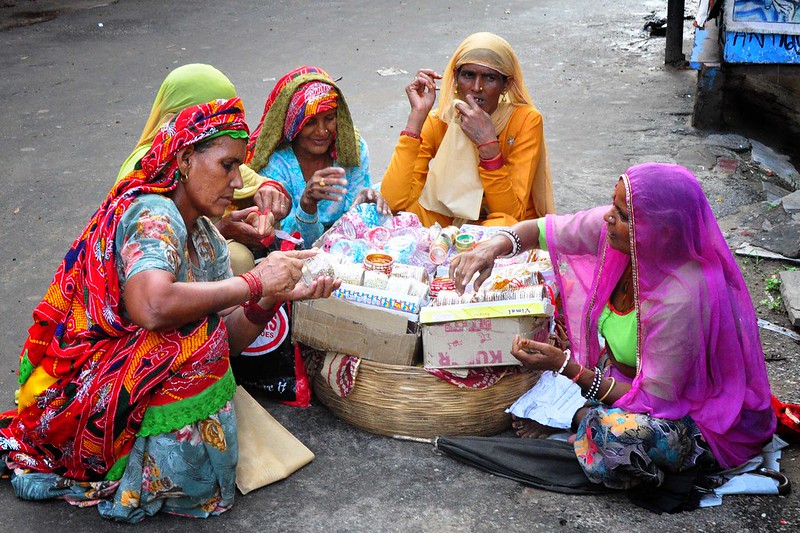A Partnership for Women’s Economic Empowerment

One of the goals of decreasing global poverty is tackling historical inequities that disadvantage certain groups in society. Local, national and international institutions work to empower women in the economic sphere to bring together a variety of groups in society. Four agencies within the United Nations began a partnership to focus on economic empowerment for women in rural regions.
A new phase of the Joint Program: Accelerating Progress Toward Rural Women’s Economic Empowerment (JP RWEE) launched in March 2022 at the 66th Session of the Commission on the Status of Women. This program is a collaboration between five agencies including the Food and Agriculture Organization of the U.N., the International Fund for Agricultural Development, U.N. Women, the U.N. Entity for Gender Equality and the World Food Program (WFP). As the breadth of involved agencies suggests, the program aims to build economic empowerment for rural women in the agricultural sector by increasing their ability to obtain resources and services enabling them to succeed in their own livelihoods. The intended result is a decrease in poverty in rural regions as women unify in communities and combat historically limiting social norms.
Phase 1
The first phase of the JW RWEE was launched in 2014 and ended in 2021. The focus regions were Ethiopia, Guatemala, Kyrgyzstan, Liberia, Nepal, Niger and Rwanda. Results indicate that economic empowerment goals succeeded in raising agricultural production by 82% and assisting about 80,000 women. The new phase of the program also seeks to improve the lives of rural women through sustainable development.
The program is part of the larger 2030 Agenda to improve poverty in rural communities. Initiatives within the program include improving food security, increasing the income of rural women, strengthening skills in leadership and community and promoting gender inclusivity to complement the goal of economic empowerment. The Norwegian Ministry of Foreign Affairs and the Swedish International Cooperation Agency provide funding.
Phase 2
The second phase of the program will focus on Nepal, Niger, the Pacific Islands, Tanzania and Tunisia. Norway and Sweden donated $25 million toward the initiative. In October 2022, one component of the program began in Tanzania. Over the course of five years, the program will cost $5 million and will target the provinces of Singida, Dodoma and Zanzibar in Tanzania. In that nation, subsistence farming contributes 80% of women’s income. Thus, the five-year JP RWEE will deliver economic empowerment in the form of agricultural assistance to provide resources and skills to combat changes in climate and leadership.
In Africa, the first phase of the JP RWEE assisted Ethiopia, Liberia, Niger and Rwanda. The new phase of the program will continue to assist the country in gender equality and economic empowerment. In addition, all countries in Africa agreed to the Convention on the Elimination of All Forms of Discrimination Against Women, and many also agreed to the African Charter on Human and Women’s Rights. However, despite these efforts, women in Africa still continue to face discrimination on a regular basis. The African Union’s ten-year strategy for gender equality lasts until 2028, but leaders have expressed their commitment to reinforcing gender equality across the continent beyond that timeframe.
– Kaylee Messick
Photo: Flickr
